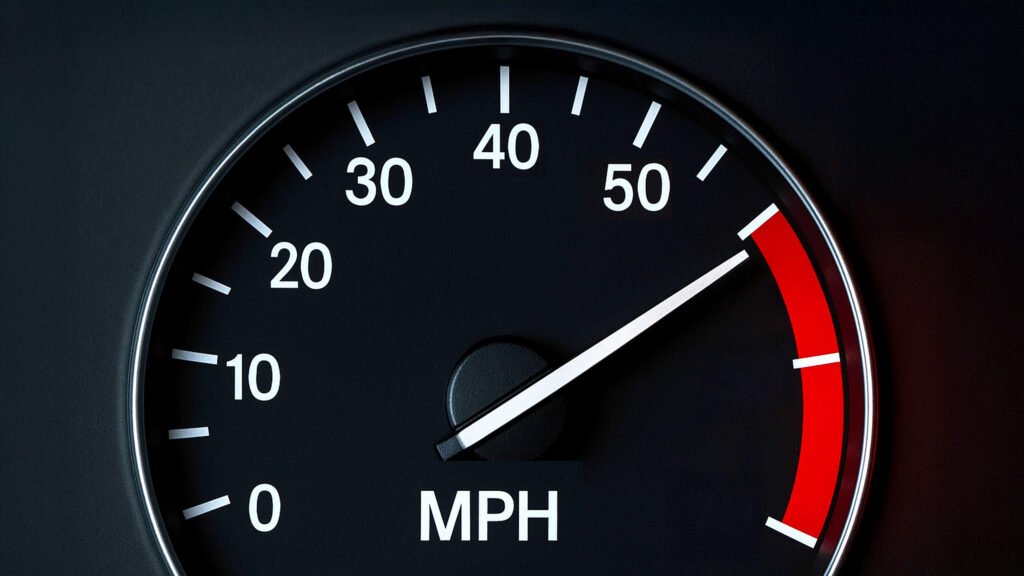

- Arizona may let speed-hungry drivers avoid suspension using GPS tech.
- Proposed bill allows cars to automatically stop drivers from speeding.
- Virginia, Washington, and D.C. have already enacted similar laws.
With all those fast, empty roads on their doorstep, it’s easy to see why drivers in the Grand Canyon State might rack up a few speeding tickets from prowling cops. But the ones who really can’t keep their right foot under control and are at risk of losing their license altogether might soon have a way to hang on to their driving privileges.
Arizona lawmakers are considering passing a law that would allow drivers at risk of losing their licenses to instead choose to have their cars fitted with speed-limiting devices. The technology would actively prevent cars from exceeding posted limits.
More: Speed Limiters Might Soon Decide How Fast Some Are Allowed To Drive
The man behind the bill is Rep. Quang Nguyen, who says he will introduce the bill when the state Legislature starts up again in January, AZ Central reports.
Nguyen has been working with two representatives for companies who make the speed-limiter devices, Smart Start and LifeSafer, and has been trying to drum up support.
Tech Promises You Can’t Really Speed
A combination of cell-phone signals and GPS data is used to work out what the posted limit is for the road on which the car is traveling, and electronics connected to the car’s ECU would ensure it didn’t exceed that limit no matter how hard the driver mashed the right pedal.
Nguyen reckons the systems would cost around $250 to install and $4 per day to operate.

To head-off criticisms that sometimes cars need to be able to break the speed limit to get out of trouble, the equipment would include an override mode that allows a temporary 10 mph (16 km/h) boost three times per month. Kind of like a really lame nitrous shot, if you like.
Not Everyone Thinks It’s A Good Solution
Speeders aren’t the only drivers who would be able to take advantage of the scheme under the terms of the proposed bill. Those convicted of racing, reckless and aggressive driving might also benefit, though the final decision would be a court’s to make.
Other states including Virginia, Washington state and Washington D.C. have already passed similar laws, and Wisconsin is currently mulling one, but Nguyen has previously tried and failed to get the same basic bill through in Arizona. On that occasion the speed tech was going to be mandatory, but this time, it will be optional.
Critics say the speed-limiting technology isn’t yet sophisticated enough to reliably identify all speed limits, which could be dangerous. Meanwhile, others are concerned about data privacy and government overreach, Rep. Alexander Kolodin warning that passing it would open “a dangerous door.”



